No you do not need maths to study bookkeeping. But a genuine passion for numbers will make this course easier and more enjoyable to study.
What Subjects Are Needed to Become a Bookkeeper In South Africa?
There are no specific school subjects needed to become a bookkeeper in South Africa. So if you changed your mind about your career, you can rest assured that your Grade 12 subjects will not stop your dreams before they start.
Do You Need Matric To Study Bookkeeping?
No, matric is not required to study ICB Bookkeeping Courses. The entry requirement for this course is Grade 10 and a good understanding of English.
What Subjects Will I Learn In ICB Bookkeeping Courses?
You can look forward to learning many exciting subjects with these programmes. They include:
- Introduction to Business English
- Bookkeeping to Trial Balance
- Payroll and Monthly SARS Returns
- Computerised Bookkeeping
- Business Literacy
- Financial Statements
- Cost and Management Accounting
Introduction To Business English
The way you communicate in the workplace is very important. Great English, which many see as the language of business can help you build connections with your colleagues. It is therefore crucial that you start your career knowing how to interact with others professionally.
Bookkeeping To Trial Balance
This is the first step and foundation of your bookkeeping career. It is a great subject for students who have no accounting background. Here you will learn all about how to prepare and keep track of clients’ accounts, subsidiary journals and ledgers, and so much more.
Payroll And Monthly SARS Returns
Every business, no matter the size has to pay taxes. There are different types, such as income tax, PAYE, and VAT. It can be difficult for them to stay on top of things, which is why your job as a bookkeeper is to know how to file their taxes.
Computerised Bookkeeping
Gone are the days when bookkeepers had to do calculations with pen, paper and a calculator. There is now special software available that helps them do their tasks with ease. You will learn all about it when you study the computerised bookkeeping module.
Business Literacy
Since you do not need maths to study bookkeeping, this subject will teach you basic numeracy such as equations, interest rates, proportions and more. This subject also covers topics such as written and spoken communication skills.
Financial Statements
Financial statements are reports of how a company spends their money. It is a very important document because it shows if a company is financially healthy or not. Bookkeeping courses will teach you how to successfully create these statements.
Cost and Management Accounting
This module is all about learning to budget and manage expenses correctly so that a company can increase their profit. You will learn topics such as break-even analysis, advanced and standard costing, business ethics and more.

What Kind Of Maths Is In Bookkeeping?
You do not have to worry about the maths needed to study bookkeeping. It is all at a basic level. When you enrol in a course, you will have classes to help bridge any maths gap you might have.
What Skills Will I Learn In Bookkeeping Courses?
The subjects you study in your bookkeeping course will teach you many hard skills to help you complete your daily duties in your job. Some of these skills include:
- Data entry
- Numeracy
- Computer skills
- Invoicing
Soft Skills For Bookkeepers
Every bookkeeper needs soft skills to help them succeed. Here are just a few of them:
- Organisation
- Attention to detail
- Critical thinking
- Communication
- Time management
- Problem-solving
Is Bookkeeping Hard To Study?
As we said before, a genuine interest in numbers is key to acing a bookkeeping course. If you are comfortable with maths, computers, and are studying with a good training provider, you should not face any issues.
Are Bookkeeping Courses Worth it?
Yes bookkeeping courses are worth it. Every company needs someone to help manage their money, and bookkeeping is a scarce skill. This means that bookkeepers are in demand. So you stand a good chance at building a great career.

What Qualifications Do I Need to Become A Bookkeeper?
To become a bookkeeper, you must have completed Grade 10. You can then carry on to study Bookkeeping Courses. Once you have passed these programmes, you will be a qualified bookkeeper.
What NQF Level Is Bookkeeping?
There are two NQF levels for bookkeeping:
- Junior Bookkeeping – NQF level 3
- Senior Bookkeeping – NQF level 4
How Many Years Does It Take To Study Bookkeeping?
To become a senior bookkeeper, you must complete an 18-month course with ICB.
What Is A Bookkeeper’s Salary?
According to Indeed, the average salary for bookkeepers in South Africa is around R15 398 per month. Gauteng and the Western Cape are two of the highest-paying provinces for these professionals.
Download a Brochure
Complete the form below and we will contact you as soon as possible.
Get a Call Back
Complete the form below and we will contact you as soon as possible.
Bookkeeping Courses South Africa
You can study Bookkeeping Courses with us via distance learning. Skills Academy is a private distance-learning college, so you can register from anywhere in South Africa. We offer two courses to help you become qualified.
1.Junior Bookkeeping
The junior bookkeeping course is the foundation for your career. This course is perfect for those who have no previous knowledge or work experience.
2.Senior Bookkeeping
Give your brand new skills a boost with the senior bookkeeping course. Here you will build on the knowledge you gained from the previous programme.
Why Should I Study An ICB Course?
The Institute of Certified Bookkeepers (ICB) is a very well-respected organisation. Many businesses prefer to hire people with ICB qualifications. Let us explore a few more reasons why you should study an ICB course:
- It is accredited
- They are internationally recognised
- Flexible learning options
- No strict entry requirements
It Is Accredited
ICB courses are SAQA-accredited. This means that you will be studying high-quality courses that meet national standards.
They Are Internationally Recognised
Various international organisations recognise ICB qualifications. This means you are free to explore job opportunities overseas. Some of these bodies include:
Flexible Learning Options
You can study ICB courses full-time, part-time or via distance learning. You also have the option to choose how many subjects you want to study at a time and when you will write your final exams.
No Strict Entry Requirements
These programmes are accessible to all, because everyone deserves an opportunity to study further. You can start studying ICB courses from the age of 16, without a matric certificate.
If you would like to know more about studying bookkeeping with us, or want to know which programme will suit you please feel free to contact our course experts.
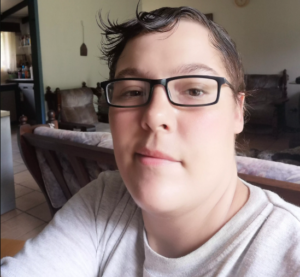



Skills Academy is the word support in every way.


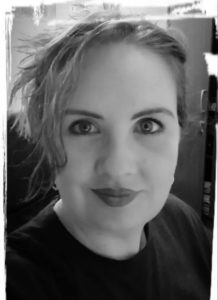


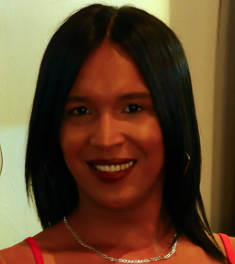
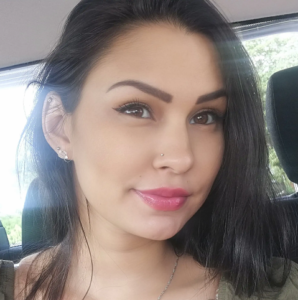





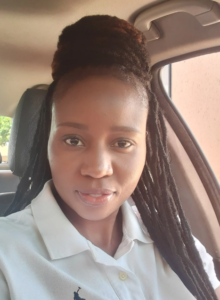



Frequently Asked Questions
Maths is used to make sure all income and expenses are calculated properly. A large part of bookkeeping requires you to be good at adding, subtracting and calculating percentages.
You do not need to be a Maths expert to study Accounting.
Please note: Bookkeeping and Accounting are not the same. If you want to study Accounting at a university, you will need matric, and they might ask for a specific maths mark. You can study our Accounting Courses after completing our Bookkeeping Courses.
You can start doing Bookkeeping by studying an accredited course. After you graduate from your course, you will have the skills to start a freelance bookkeeping business.

